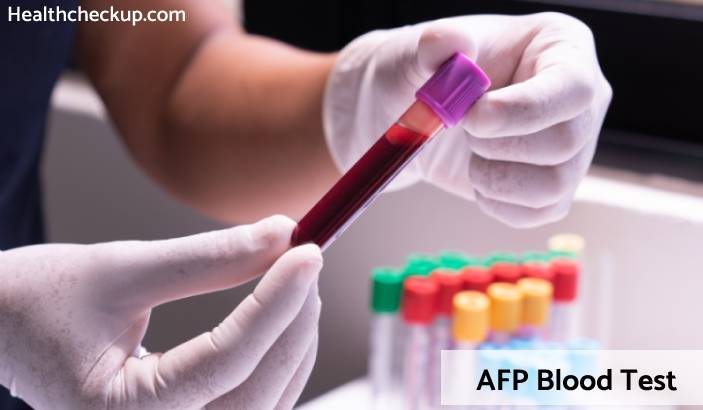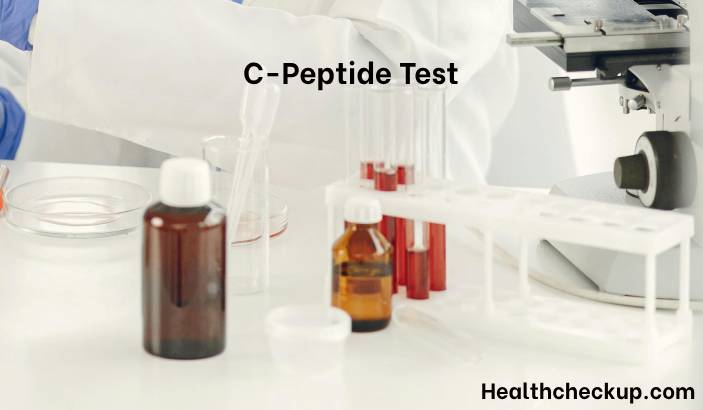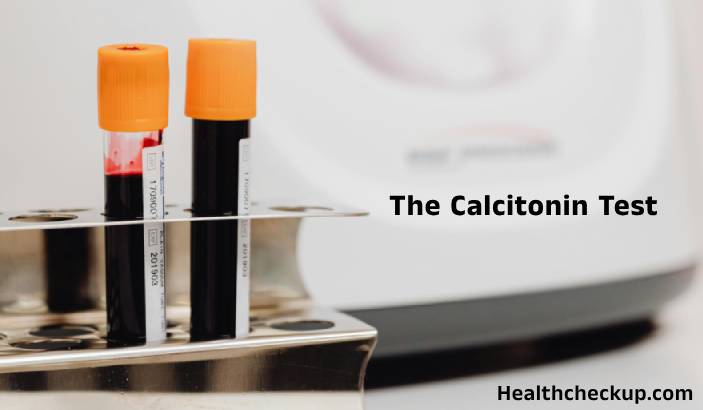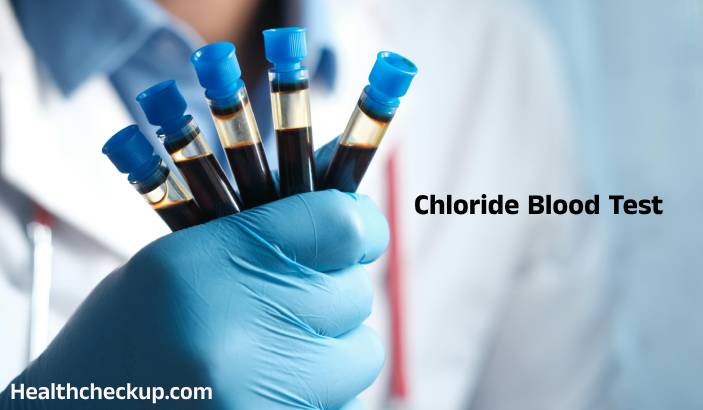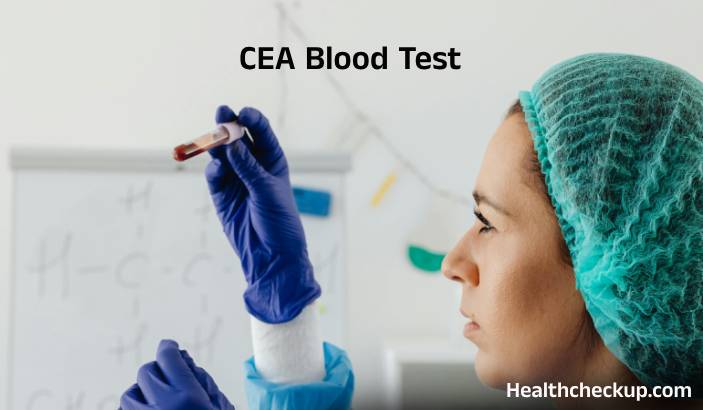The alpha-fetoprotein (AFP) test is a blood test that measures the level of AFP in the blood. AFP is a protein produced by the liver and yolk sac during fetal development. After birth, the level of AFP in the blood typically decreases and remains low in adults.
Purpose:
The AFP blood test is used to:
- Screen for liver cancer, specifically hepatocellular carcinoma (HCC)
- Monitor the effectiveness of treatment for liver cancer
- Assess the risk of liver cancer recurrence
Preparation:
There is generally no special preparation required for the AFP blood test. However, the healthcare provider may ask the person being tested to avoid certain medications and activities that could affect the test results.
Procedure:
The AFP testing is performed as follows:
- A healthcare provider will draw a blood sample from a vein in your arm.
- The blood sample will be sent to a laboratory for analysis.
Normal range:
The normal range for AFP levels in the blood varies depending on the specific laboratory, but is generally considered to be less than 10 nanograms per milliliter (ng/mL) in adults. The normal range may be different for children and may vary based on age, gender, and other factors.
Results:
The results of the AFP test will be available within a few days. The healthcare provider will interpret the results and determine if further testing or treatment is necessary.
Risks:
There are minimal risks associated with the AFP blood test. Some people may experience minor bleeding or bruising at the puncture site, or may feel dizzy or faint after the blood draw.
It’s important to follow the prescribed treatment and monitoring guidelines for liver cancer and to inform your healthcare provider of any symptoms you may be experiencing. Early diagnosis and treatment can help improve outcomes and reduce the risk of complications.


